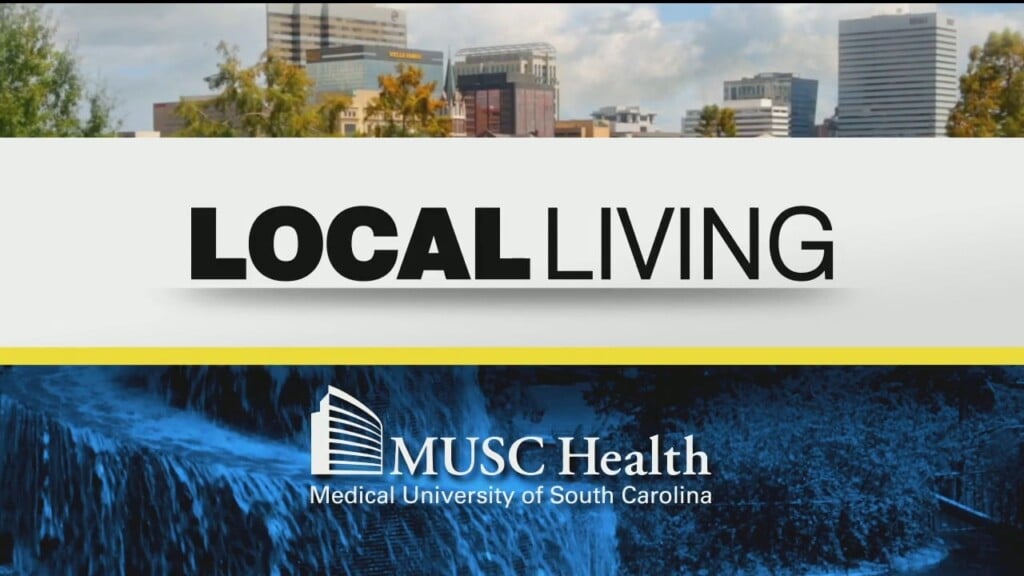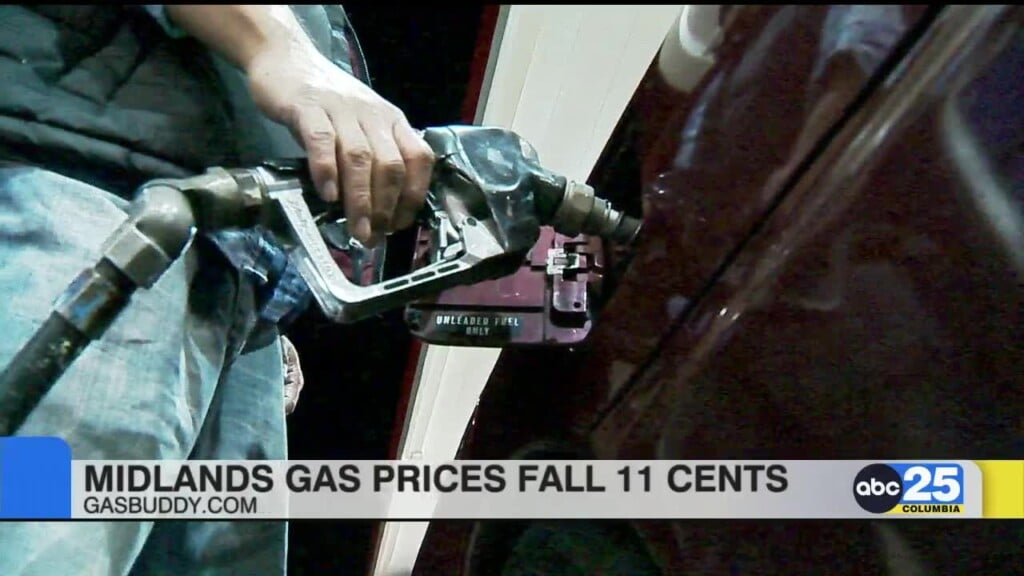Grand juries indict 31 in SC for $1M fraud involving milk and ammonia tax credits
(WCIV) — Grand juries in six counties announced Wednesday the indictment of 31 people after the South Carolina Department Of Revenue reportedly discovered a pattern of fraud involving milk and ammonia tax credits.
According to the indictments, the defendants claimed refundable tax credits to which they were not entitled on tax returns for tax years spanning from 2021 to 2024.
Collectively, the illegally claimed credits resulted in tax refunds totaling more than $1 million. The tax refunds themselves that were issued to the defendants ranged from $1,000 to $30,000.
The Milk Tax Credit is available only to dairy farmers who produce at least 500,000 pounds of milk for sale, according to the SCDOR. The credit offers $10,000 for the first 500,000 pounds produced and sold and $5,000 for each 500,000 pounds after that.
Thirteen of those indicted claimed the milk credit, ranging in amounts from $3,853 to $70,000.
The Anhydrous Ammonia Additive Tax Credit is available to farmers who use anhydrous ammonia for agricultural purposes and purchase an additive to prevent the ammonia being converted to methamphetamine. The amount of the credit is the total amount spent on the additive.
Nineteen of those indicted claimed the ammonia credit, ranging in amounts from $1,000 to $28,000.
Out of the 31 people, one was from Charleston County.
Abigail McKelvey, 33, of North Charleston was charged with Willful Preparation of Fraudulent Tax Return; Furnishing a False Tax Document; and Obtaining Goods by False Pretenses more than $2000 but less than $10,000.
If convicted of Furnishing a False Tax Document, each defendant faces a maximum potential sentence of one year in prison and/or a fine of up to $5000. If convicted of Willful Preparation of a Fraudulent Tax Return, each defendant faces a potential additional penalty of up to five years in prison and/or a fine of up to $500. If convicted of Obtaining Goods by False Pretenses more than $10,000, the defendant could be sentenced to an additional term of up to ten years in prison or alternatively up to five years in prison if the amount involved was more than $2000 but less than $10,000.



